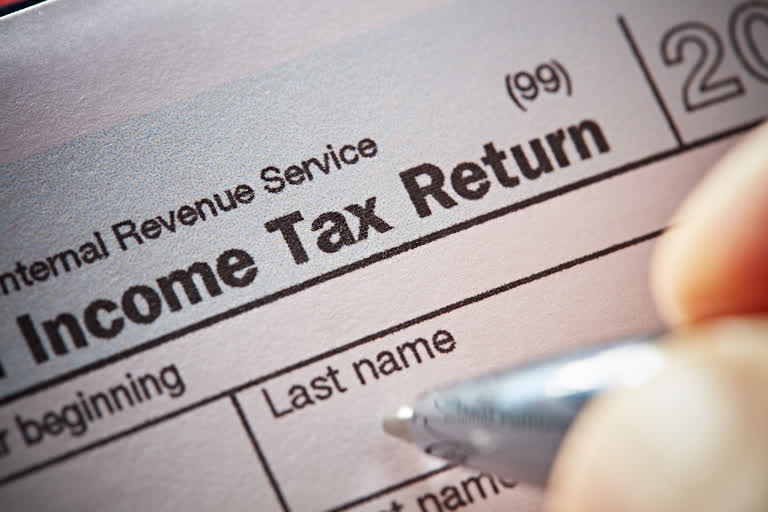Hyderabad: Filing of income tax return (ITR) requires diligent home work and shrewd pre-planning. The 2018-19 financial year has only one weekto go. As the end of the financial year is fast approaching, most of us try to explore tax saving instruments.
For the benefit of readers, ETV BHART brings you some of the most sought after and easily accessible tax saving options.
Know zero tax liability
Did you know you can arrive at a zero tax liability by doing your math properly? You just need to include all the deductions in your final tax draft. At, present there is no tax for income up to Rs 2.5 lakh. But if you include rebate of Rs 2,500 in your tax calculation and claim all the allowed deductions, you can avoid paying tax for up to Rs 3.5 lakh income. Section 87A of the Income Tax Act, 1961 makes provision for rebate, which is nothing but a specified tax concession.
Make full use of Section 80C
Most of the salaried persons fail to make full use of this provision. Quite a few of them are either unaware of the provision or don’t know how to make use of it in its entirety. Late preparation for ITR could be one of the reasons. So, starting early is as good as losing out on nothing. You can claim deduction of up to Rs 1.5 lakh under section 80C of the I-T Act, 1961.
Draw list of tax exempt investments
At the time of preparing your income tax, draw a list of tax exempt investments. Make sure that you have all these elements: House Rent Allowance (HRA), Provident Fund (EPF), Public Provident Fund, National Pension Scheme (NPS), mutual funds like ELSS, tuition fee for up to two kids, health cover for your nuclear family etc. Note that you can buy a separate health cover for your parents.
Calculate home loan interest
If you have taken a home loan and are repaying the principal plus interest on it, you can claim deduction for the same. I-T rules allow you to claim up to Rs 2 lakh deduction if you are paying EMI along with interest. So, subtract Rs 2 lakh from your gross salary and then calculate tax outgo.
Tap standard deduction
The standard deduction of Rs 40,000 was introduced in 2018 budget. It replaced transport allowance and medical reimbursement, two key salary components. They were tax exempt. You can minus Rs 40,000 from your gross salary and arrive at a taxable income. The medical reimbursement was Rs 1,250 per month and the transport allowance was Rs 1,600 per month, before the two were scrapped.
NPS - additional benefit
Not many taxpayers know that NPS offers that extra benefit to them. You can put your hard earned money in NPS and can claim deduction. You can claim a deduction of Rs 50,000 in a year. This is over and above Rs 1.5 lakh you can claim under Section 80C. As an EPS subscriber, you can further cut down your tax outgo in your ITR.
Rebate does not mean ‘No ITR’
If your income is Rs 3.5 lakh, which falls under Rs 2,500 rebate category, you will not have to pay tax. It does not mean you will not have to file ITR. You still have to file ITR as the income tax rules stipulate.
Read more:New Delhi, Dhaka to sign bilateral agreement to enhance river connectivity



